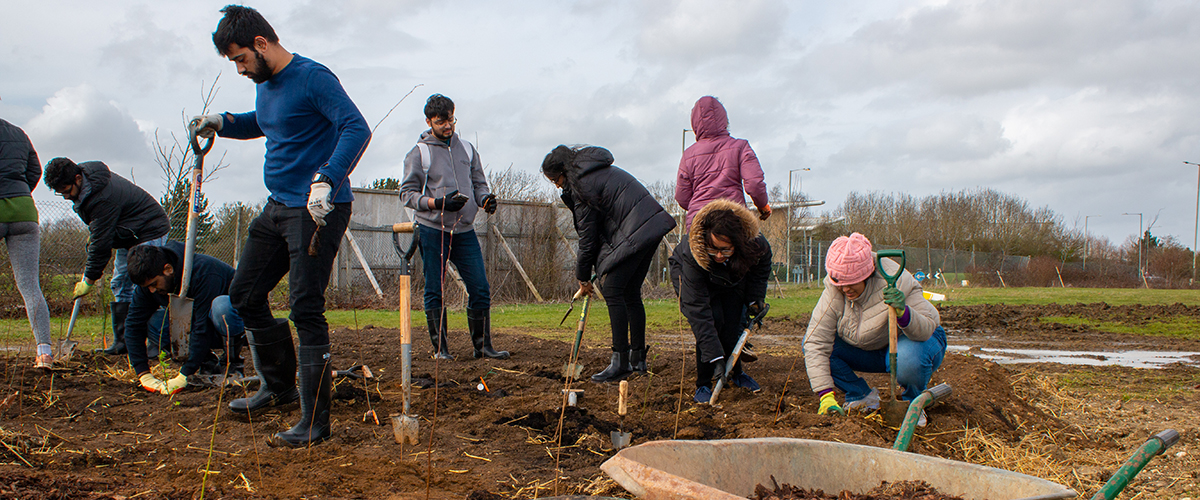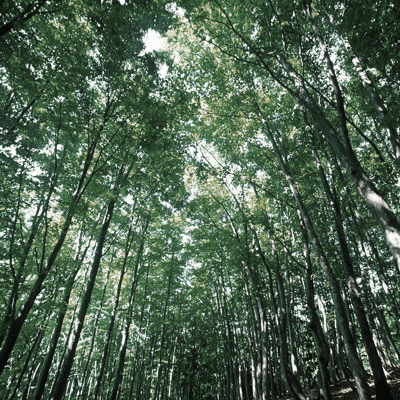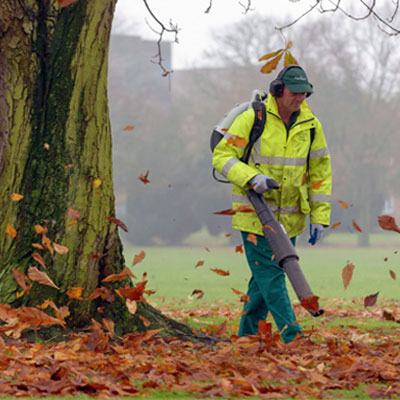Cranfield University has been awarded a prestigious Silver level accreditation from the British Hedgehog Preservation Society for completing additional work to make its campus even more hedgehog-friendly.
The national Hedgehog Friendly Campus initiative encourages staff and students at universities to improve habitats for hedgehogs across campuses and raise awareness of hedgehog-friendly actions.
Additional efforts to create a safe habitat
Now, thanks to further initiatives across the University building on a Bronze award in 2022, Cranfield has achieved Silver in 2023.
These measures include:
- Planting more trees and hedgerows on campus
- Working with students to carry out a footprint tunnel survey on campus, as well as a survey for hedgehog risks and threats
- Carrying out litter picking events and keeping the campus clear of litter
- Working with students to fundraise and raise awareness of the Hedgehog Preservation Society
Gareth Ellis, Energy and Environment Manager at Cranfield University said: “Since achieving Bronze status last year, we have significantly increased areas on campus designated for biodiversity. Achieving Silver status as a Hedgehog Friendly Campus is a testament to our ongoing efforts to create a welcoming and safe habitat for all wildlife. We’re delighted to have this award to recognise the work we’re doing to protect hedgehogs.”
Tiny Forest at Cranfield campus
Cranfield is also continuing its work on biodiversity across the campus with a new planting scheme which is creating a Miyawaki forest area. Named after the Japanese botanist Dr Akira Miyawaki, the technique involves careful soil preparation prior to the planting of a closely-spaced mix of native trees.
Working with Central Bedfordshire Council and Earthwatch Europe, staff and students joined forces at Cranfield last month (23 March) to work on the Miyawaki ‘Tiny Forest’. Over 600 trees were planted in a tennis court-sized plot. The nature of the planting system means that as well as supporting wildlife, the Miyawaki forest areas absorb more carbon than conventional woodland schemes, as they grow more quickly and establish healthy ecosystems.
Since 2013, the University has been steadily improving habitats on site for wildlife, and increasing conservation areas on campus. Find out more about our biodiversity and grounds.



